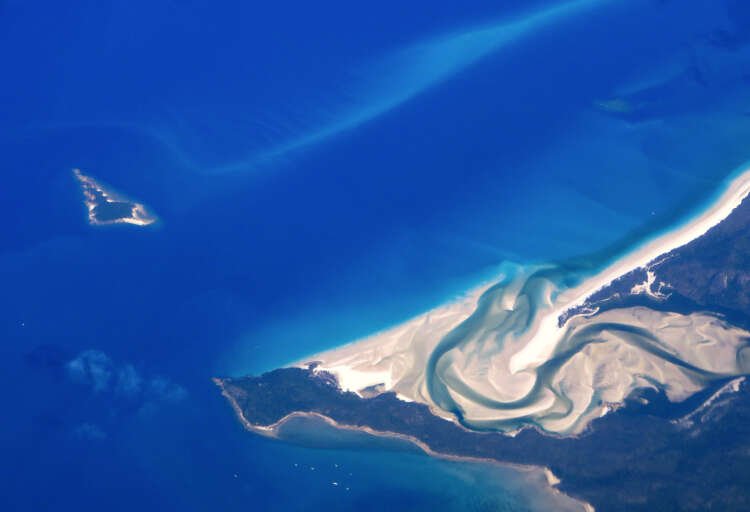Top Stories
Great Barrier Reef should be listed as ‘in danger’, UN committee recommends
Published by maria gbaf
Posted on June 22, 2021
1 min readLast updated: January 21, 2026

Published by maria gbaf
Posted on June 22, 2021
1 min readLast updated: January 21, 2026

Explore more articles in the Top Stories category











